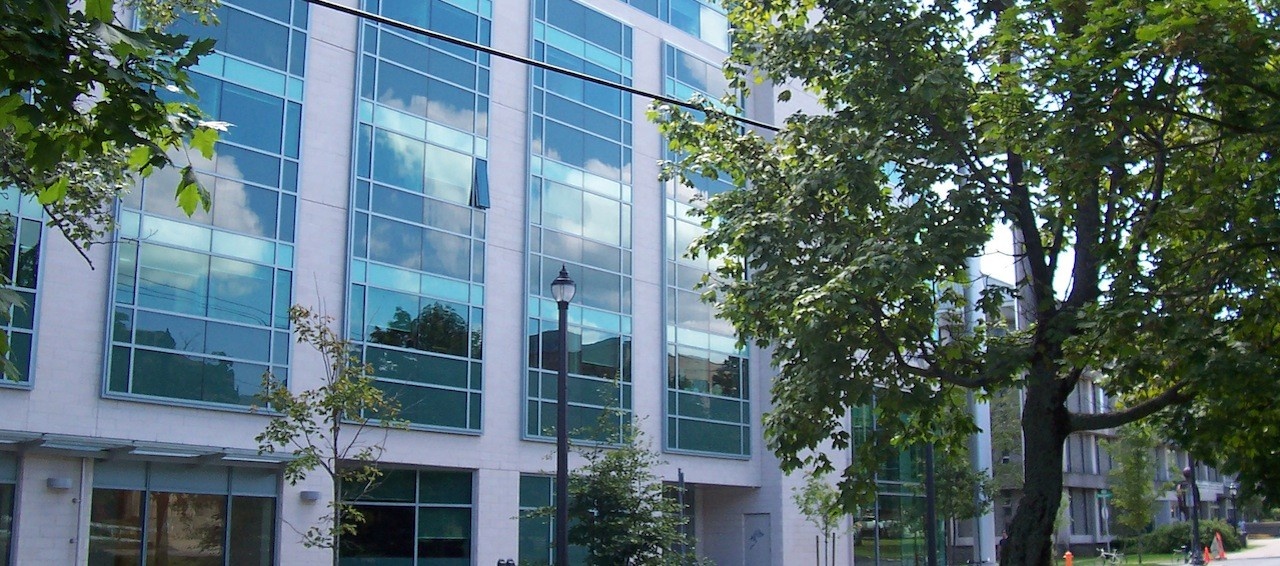Bryan Adkins
 |
SRES program:Graduated from MREM in 2012 Educational background:Bachelor of Science from the University of Work history:Worked in aid and development for 10 years Current position:Director of Regional Engagement for REDD+, |
Q: Tell us a bit about your current job.
A: I help develop and integrate new carbon projects into national policy discussions and the development of legislation. Also, I help to implement these projects on the ground level. I鈥檓 passionate about seeing good policy and strategy enacted, allowing forest conservation and natural resource management to play a significant role in achieving national development priorities in both Kenya and the broader region.
Q: How did you end up where you are today?
A: For about 10 years, I worked in aid and development, with a focus on integrating natural resource management programs into aid programs. I started out in public health, mostly in the Democratic Republic of Congo and then in South Sudan and Darfur. I spent a lot of time integrating natural resource management and sustainability themes into existing program such as food aid. I also worked in private sector wildlife management and natural resource management. I felt like I needed a more academic challenge to formalize the experiences that I had gained from the field, so I applied to SRES.
Q: What are some of your favourite career experiences so far?
A: I鈥檝e been able to help set aside hundreds of thousands of hectares for conservation. The benefits of those conservation projects have had widespread, positive impacts on the communities that are involved in their protection. I鈥檝e also been able to travel widely鈥攖hat鈥檚 been a nice perk. I also have been able to get involved in the international climate change debate, which has been very exciting.
Q: What has SRES meant to your career?
A: SRES gave me the professional designation I needed to make sense of my career up to that point. I really benefitted from the fact that the SRES program is designed for returning professionals. And because it鈥檚 designed with a cross-disciplinary approach, I was able to take independent studies and tailor the program to complement my career.
Q: What did you enjoy about the SRES community?
A: SRES was a great learning community and Halifax was a great city to be a part of. I really enjoyed a number of my classes, particularly Law and Policy, Environmental Impact Assessment and Ecological Economics. The atmosphere at pilipili漫画 was great, especially the open access to professors and the lower-key, non-pretentious learning environment.
